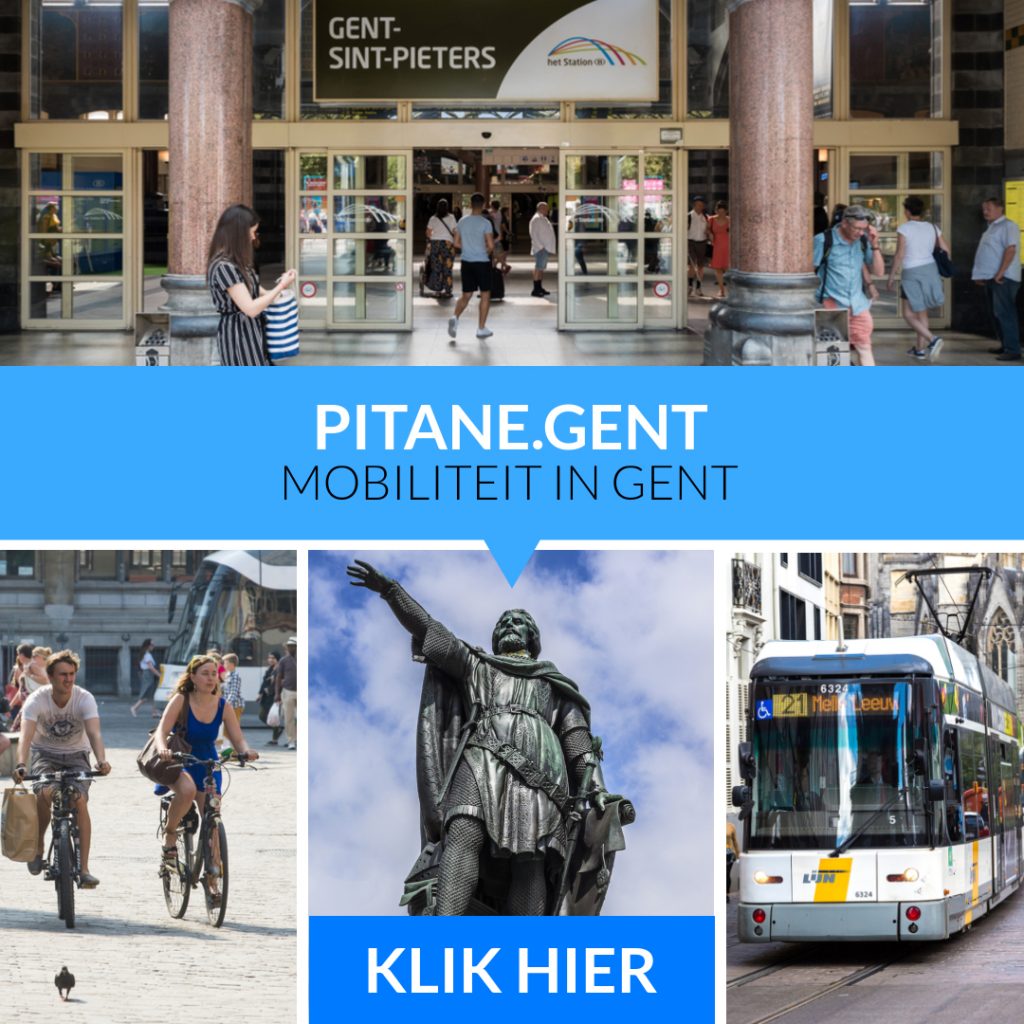A level playing field is not sustainable if Chinese companies can easily win tenders in Europe, while tenders in China are in fact not accessible to European companies. The tender for the metro line in Stockholm is a good example of this. The government shares this view and has therefore taken the position that, given the changed geopolitical circumstances, it is important that there is an EU instrument that will bring about more reciprocity for EU companies in public procurement markets in third countries.
The Minister for Foreign Trade and Development Cooperation Sigrid Kaag writes to the House that the interest is also shared more widely in the EU. For this reason, discussions on the European Commission proposal on an Instrument for International Public Procurement (IIO / IPI2) have resumed.
The aim of this proposal is to induce third countries to sign the WTO Government Procurement Agreement (GPA) or to conclude bilateral trade agreements with the EU in which agreements on access to public procurement markets are made such as the tender for the Stockholm metro line.
If that fails, the Commission may decide to impose a price surcharge on offers from a third country. The Cabinet is committed to adapting the Commission proposal. In particular, they should make the proposal more effective, continue to allow Member States to take restrictive measures in accordance with the leeway offered by public procurement directives and keep administrative burdens on businesses and contracting authorities as low as possible.
Chinese state-owned companies can subscribe below cost price for European public projects and thus push European companies out of the market. The government considers it very important that fair competition can take place between companies for government tenders on the European internal market. The European procurement directives offer possibilities to address this problem.
These guidelines have been implemented in the Netherlands in the 2012 Public Procurement Act. On the basis of Article 2.116 of this Act, contracting authorities must conduct further investigation into a tender that appears abnormally low by asking the company concerned to explain how the price was determined. If a tenderer cannot properly substantiate the low level of the proposed price with evidence, the contracting authority may reject this tender. Abnormally low tenders due to non-compliance with environmental, social and labor law obligations must even be dismissed by the contracting authority.
This applies to all registrations, regardless of the tenderer's country of origin. This contributes to a level playing field for entrepreneurs. Another way to ensure a more level playing field is by setting qualitative award criteria, such as environmental criteria. In addition, Dutch - and other European - contracting authorities do not have to allow tenders from countries that are not members of the Government Procurement Agreement (GPA) under the WTO, such as China. In the case of the Stockholm metro, it has apparently been decided to allow such tenders voluntarily.
The metro network Stockholm currently consists of three lines: the green, the red and the blue line, which together pass a hundred stations. These lines each also have their own branches with a different final destination
Also read: Try electric buses in Ghent down due to money issues




